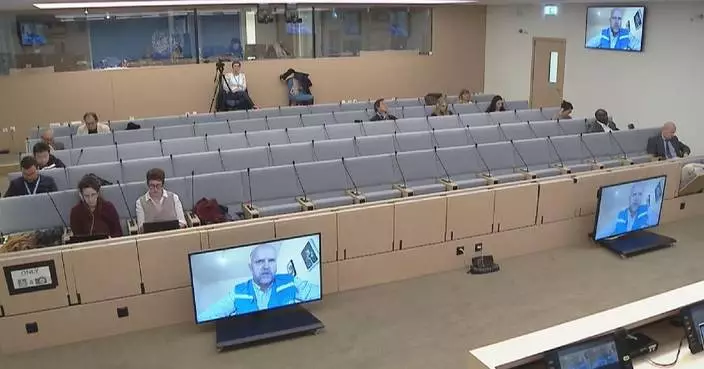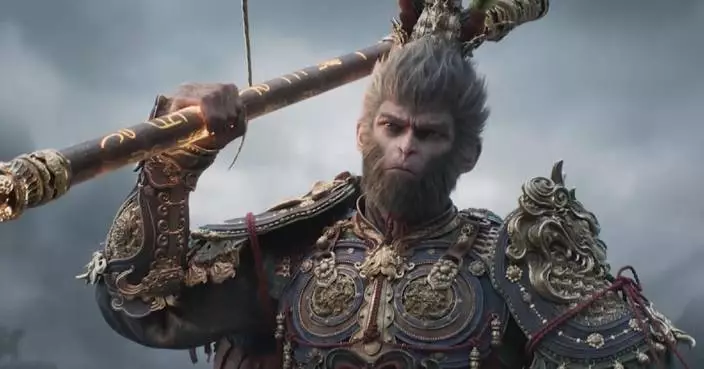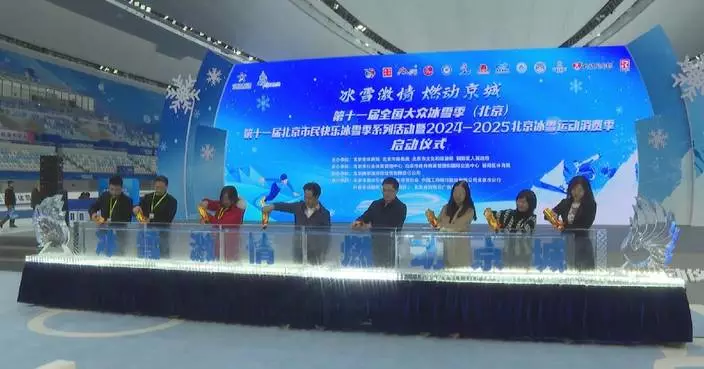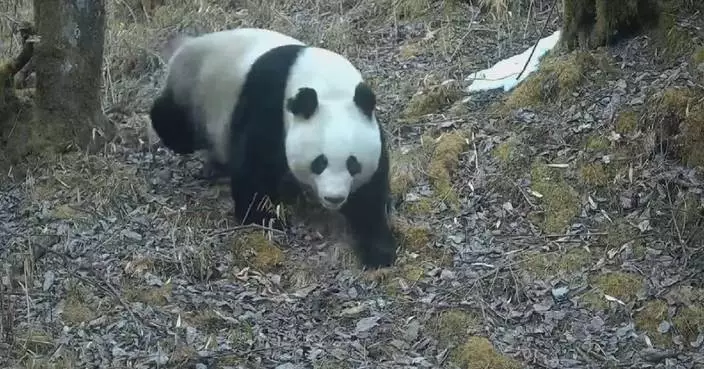A delegation of Samoan officials, led by the country's Prime Minister Fiame Naomi Mata'afa, arrived in south China's tech hub of Shenzhen City on Friday to explore the city's practices in areas like environmental preservation and urban development.
Earlier, the Samoan prime minister arrived in Shanghai on Wednesday for a nine-day visit to China. During her trip, Mata'afa will focus on exchanges with China in areas related to the economy, education, agriculture and environment.
In the coastal mega city of Shenzhen in Guangdong Province, Mata'afa visited the Futian Mangrove National Nature Reserve, highlighting the importance of mangrove forests for marine wildlife and the habitats of coastal communities in both China and Samoa, a Pacific island nation.
Samoa is one of 18 countries that signed an Establishment Agreement for an International Mangrove Center in Shenzhen. The historic agreement, signed on Nov 6, was made possible through years of cooperation between the two governments.
"Today, we primarily briefed [on] the status of mangrove conservation in China, focusing on the establishment of the International Mangrove Center in Shenzhen. Notably, we highlighted the contributions made by Samoa, which has significantly aided our international mangrove conservation efforts," said Yang Qiong, professor of senior engineering at the Guangdong Neilingding Futian National Nature Reserve.
During a visit to a smart city exhibition center, the Samoan delegation showed a keen interest in Shenzhen's digital management practices.
For countries like Samoa, implementing a smart system for cities could be more achievable with clear government strategies and advanced technology.
"If the size of the country is small, it may take less time to do digital twins and support government decision-making, and it may be easier to build smart cities," said Zhang Jun, deputy director of the Services and Data Management Bureau of Shenzhen Municipal Government, at a meeting with Samoan officials.
After touring an exhibition hall showcasing local reform and opening-up achievements, the delegation was deeply impressed by the remarkable economic development made in Shenzhen and the rest of Guangdong Province, which they believe should serve as a model for Samoa.
"From Samoa's point of view, we are very impressed, particularly with the transformation over the last 40 years. I think with the pace in the progress of the transformation, Samoa has a lot to learn from the way that this province has transformed itself," said Samoan Finance Minister Lautimuia Uelese Vaai.
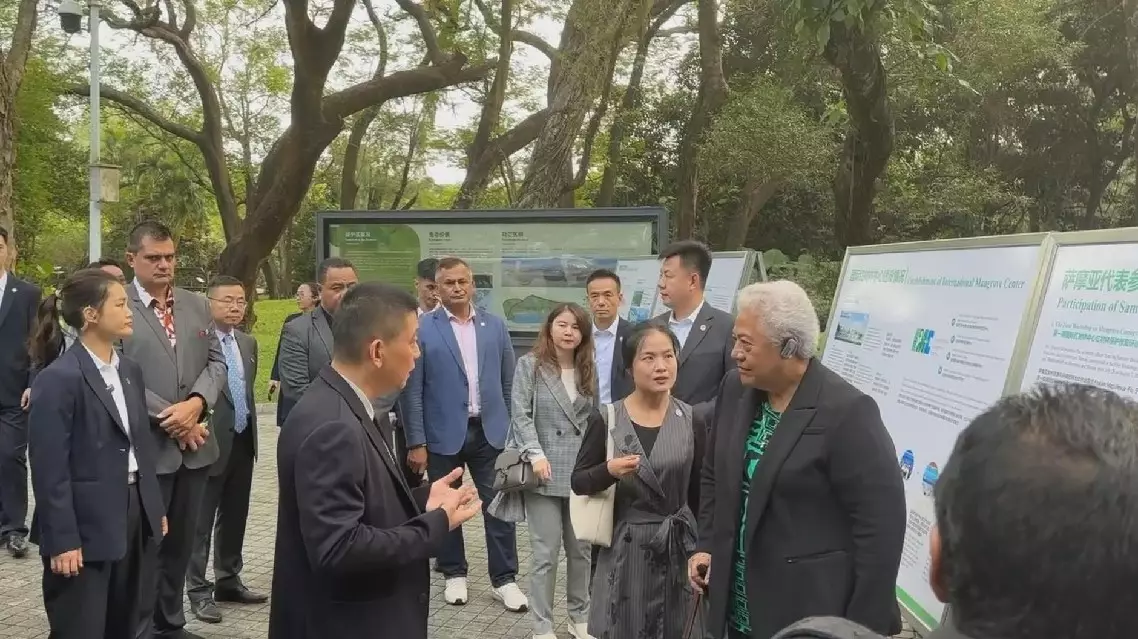
Samoan officials visit Shenzhen for exchanges on environmental issues, urban development
Athletes from various ethnic groups across China competed in both traditional sports, such as crossbow shooting and dragon boat racing, and new additions like the debut of coconut tree climbing race on the first official competition day of China's 12th National Traditional Games of Ethnic Minorities.
Opening in Sanya, a coastal city of Hainan Province, on Friday, the grand event gathers nearly 7,000 athletes representing 35 delegations across China who will compete in 18 sports and three demonstration sports. The nine-day event will conclude on November 30.
Competitors at the event are expected to not only showcase their skills and traditional culture, but also enjoy the fun of sports.
Inspired by local people's physical labor of climbing trees to harvest coconuts in Hainan, the coconut tree climbing race made its first appearance this year.
Twelve teams from provinces including Hainan and north China's Hebei participated.
"I feel so excited. I like the sport item very much. It gives us a chance to see the unique customs of different ethnic groups. It's a wonderful chance for us to have such exchanges. I'm so happy to be here," said a spectator from northeast China's Heilongjiang Province.
The board-shoe racing, a popular traditional sport, pits teams of three athletes wearing a single pair of wooden board shoes against each other. Originating from southwestern regions including China's Guangxi Zhuang Autonomous Region, the event has grown in popularity, attracting participants from northern provinces as well.
"The board-shoe racing exemplifies the sports wisdom and collaborative spirit of ethnic minorities. There are 30 teams participating in the event. The registration shows that it is increasingly popular among people of all ethnic groups. Provinces in the northern part are also actively participating in this event. It witnesses the multicultural integration and exchange among Chinese ethnic groups," said Lu Guang, leader of board-shoe racing team from Shandong.
From land-based sports like crossbow shooting and wrestling to water events such as dragon boat racing, the first day of the games featured 15 competitions. Players can not only learn from each other by competing in the field, but also forge new friendship.
"We will show our best and show Yunnan's colorful national sports culture and hard-working and simple spirit," said Li Jixin, coach of dragon boat racing team from Yunnan.
"They are rivals on the field and friends off the field. Athletes' mutual communication and discussion are also conducive to strengthening exchanges between cultures of different ethnic groups," said Guan Yuanhong, leader of the crossbow shooting team from Jiangxi.
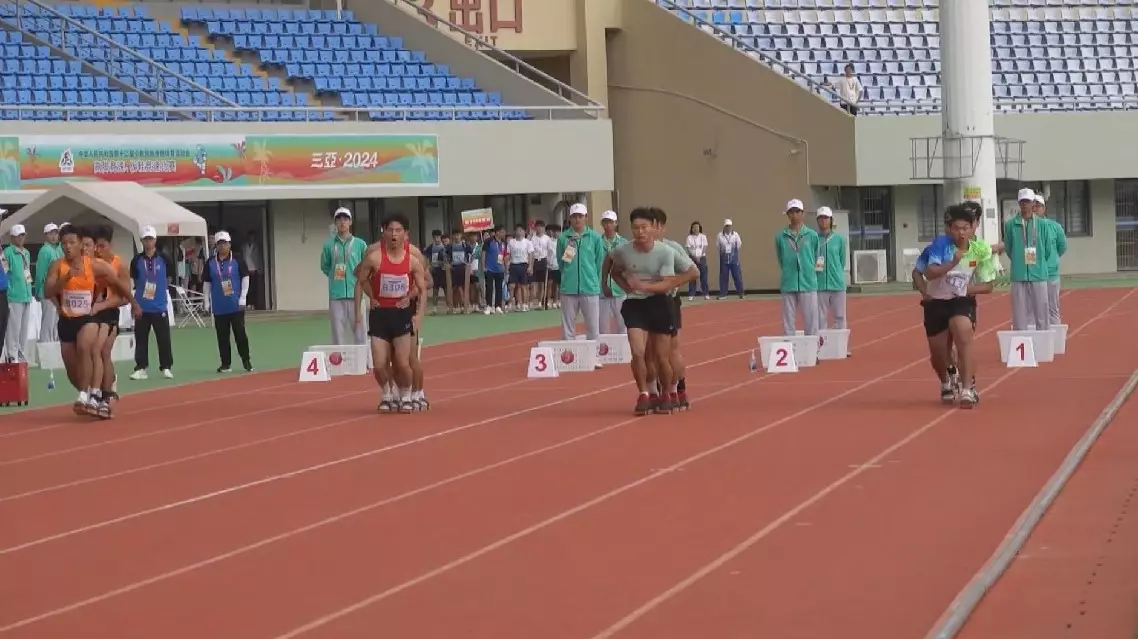
Brilliant traditional, new sports on competition day 1 of China's national minority games




